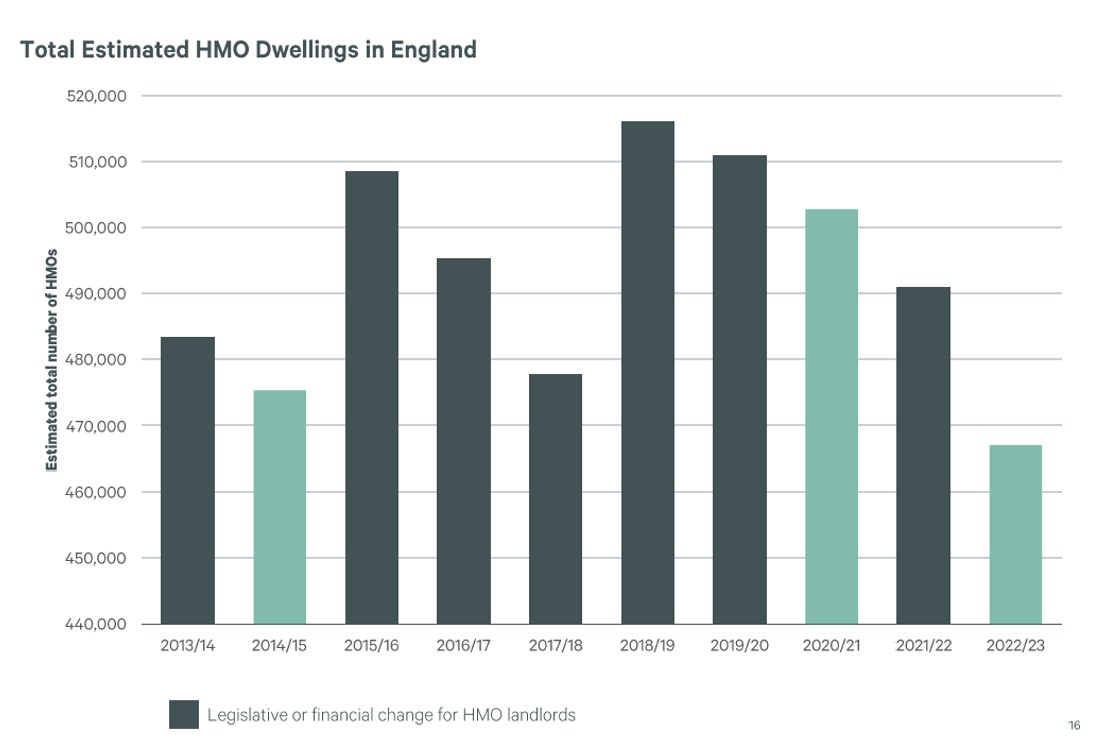There are plenty of sensitive topics of conversation within the UK’s town halls. My decade plus time in local government taught me the hot potatoes to avoid and one area guaranteed to raise heckles is the subject of HMOs (housing in multiple occupation).
There were many factors driving the sometimes hostile reaction to HMOs amongst Councillors and Housing Officers alike. Probably of most influence was the sense that good quality family housing was lost to a Borough. With increasingly less land available, purpose built family housing is often irreplaceable in cities such as London.
But there were other points too. The perceived transient nature of the occupancy and the quality of the accommodation – both outside the front door and inside.
HMOs are still considered where the rogue landlords will play. Standards are not adhered to and it is the source of many local political campaigns.
There are of course bad apples. But the perception of some rogue landlords has been to the detriment of the many who quietly went about keeping their tenants happy and did the best with what they had to offer.
The Government has responded over time. More regulation has landed on HMOs. Whilst some might be well meaning, alongside a less favourable tax regime, it has meant we have begun to witness a steady decline in stock. Since a peak in 2018 there has been a loss of 146,000 beds in the HMO sector – a 28% fall in capacity.

HMOs perform a vital function. They offer affordable accommodation and a means for singles and couples who are priced out to rent in a location which would otherwise be too expensive.
Roughly a third of all new leases across the UK are for sharers. HMOs therefore are not a marginal housing offer in our cities. They are in fact a fundamental part of every city’s housing supply when so many of us choose to share with strangers or quickly made friends.
There is an expected 60% rise in single occupancy in the UK between 2020 and 2030 and increasingly our housing offer will be rental led, not homeowner driven.
There is no doubt the HMO sector has a role to play. The question is whether those who invest in this sector are willing to continue if the legislative and financial environment continues to prove challenging.







